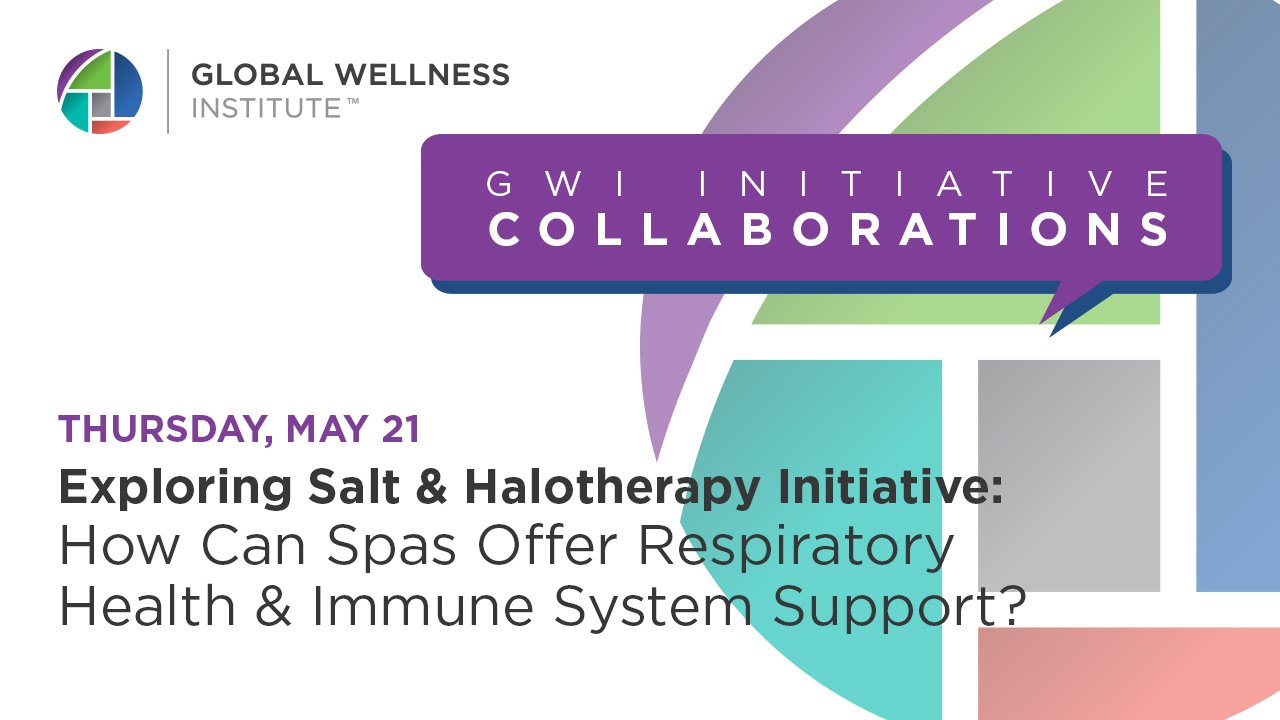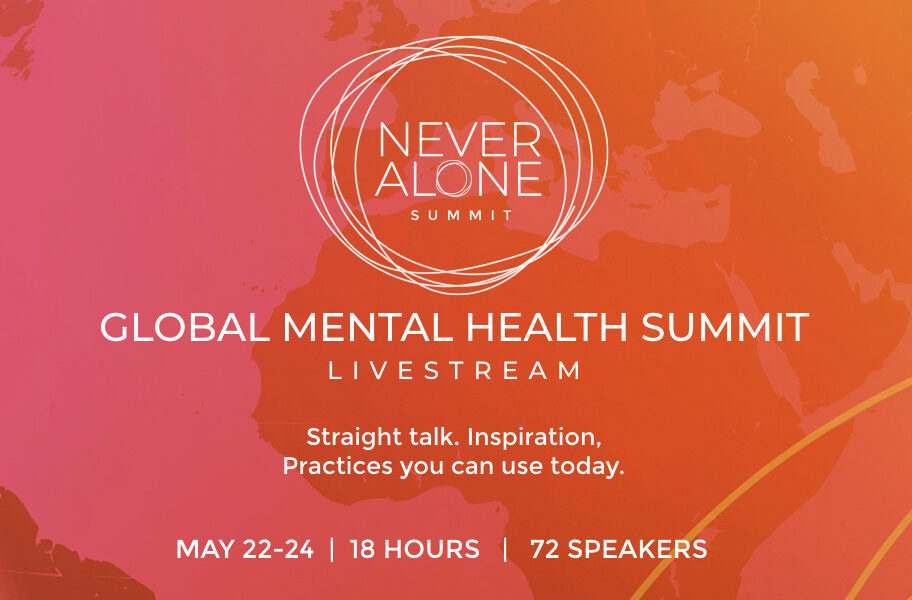A new study published at Cambridge Open Engage (allowing research to be disseminated before it’s peer-reviewed and officially published) studied people who were meeting, or not, the recommended 150 minutes/week of moderate exercise during the pandemic and their reported emotional state. Those physically active during lockdown were significantly less depressed and more mentally resilient than those whose activity levels had declined—with the most striking effects…





























































